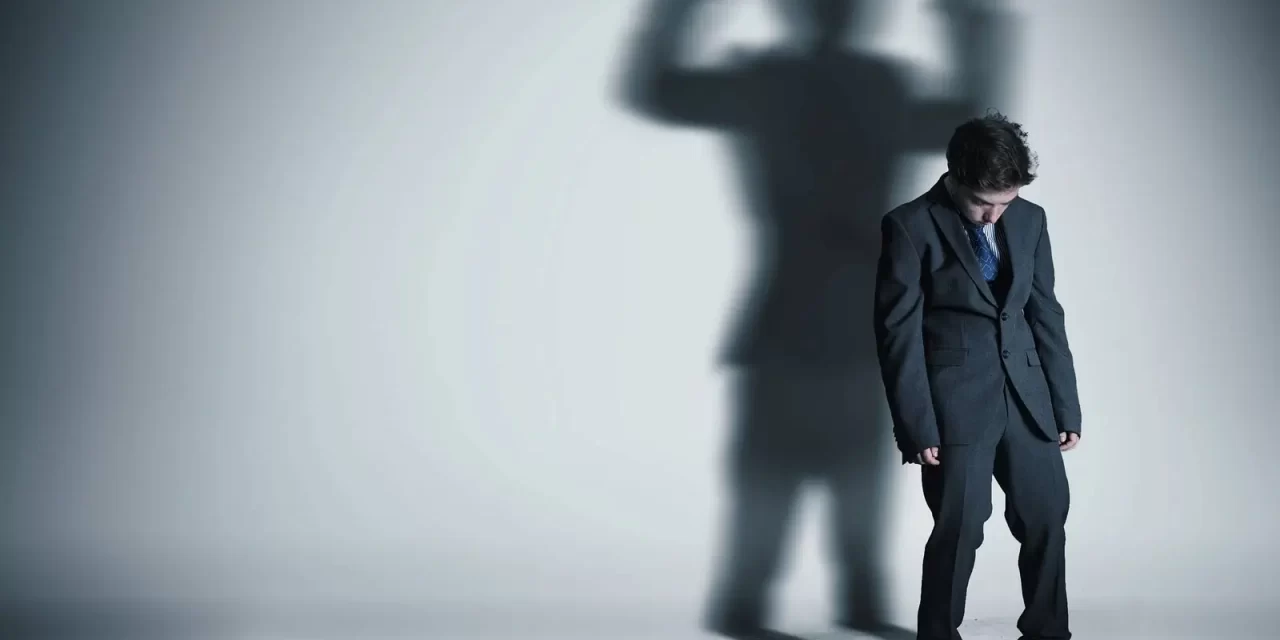It’s exhausting when a man feels like he has to keep everything together, all the time. There’s an over spoken rule that men are supposed to be the rock—strong, reliable, unshakeable. But the truth is, sometimes that pressure weighs more than anyone can handle. There are moments when a man reaches the point where he’s struggling—barely making ends meet, juggling work, family, and all the demands that life throws his way.
It can feel like no matter how hard he tries, it’s never quite enough. Reaching out to a close male friend might seem like a logical step, but the fear of appearing weak or losing value in their eyes often holds him back. There’s a frustration in knowing that this fear is unfounded, yet it persists. The idea that admitting he’s not okay could somehow diminish his worth is difficult to shake.
Relying on female friends for emotional support may seem like a safe haven, but it carries hidden risks. Familiarity breeds emotional attachment, blurring the lines between friendship and dependency or worse. While friends may offer a listening ear, they have their own struggles, making it unfair to lean on them too heavily. This leaves many men feeling like they’re drowning – desperate for support but hesitant to reach out, fearing both rejection and the unintended consequences of misplaced emotional reliance.
Even the workplace, where there might be mental health resources, doesn’t always feel safe. Requesting support through employer-provided facilities comes with its own set of challenges. There’s always the worry that if mental health concerns show up on a work profile, it might create a stigma that follows a person throughout their career. The fear that “these things travel” makes men hesitate to ask for mental health leave or other support, knowing that it could potentially impact future opportunities, promotions, or even how colleagues perceive them.
The workplace, which should be a source of stability, becomes yet another place where one has to maintain the façade of being okay, even when they’re far from it.
What about family or church? Ideally, these should be places of refuge. But often, turning to family can feel just as futile. There’s the weight of expectation there too—the pressure to provide, to be the steady hand that keeps everything together. Admitting struggles to family can feel like letting them down or creating more stress for loved ones.
While the church might offer a spiritual outlet, sometimes it falls short when it comes to practical support. There’s often an unspoken belief that faith should be enough to sustain a person through hardship, leaving little room for the complexities of mental health. Church can sometimes feel like another place where the pressure to appear strong outweighs the possibility of being vulnerable.
Not coping can be a terrifying reality, especially when the weight of trying to hold everything together feels like it’s crushing them. But perhaps the true measure of strength isn’t in bearing the load alone. Maybe real strength lies in recognizing the need for help when the burden becomes too heavy.
It’s a conversation men need to have more often. There’s no shame in struggling, no weakness in asking for support when things get overwhelming. It’s okay to not be okay—and it’s time society embraces that message.
In the meantime, many men will keep pushing forward, holding on to the hope that one day, they’ll find the strength to reach out. Even though it may feel like weakness, there’s power in the fight to keep going.




